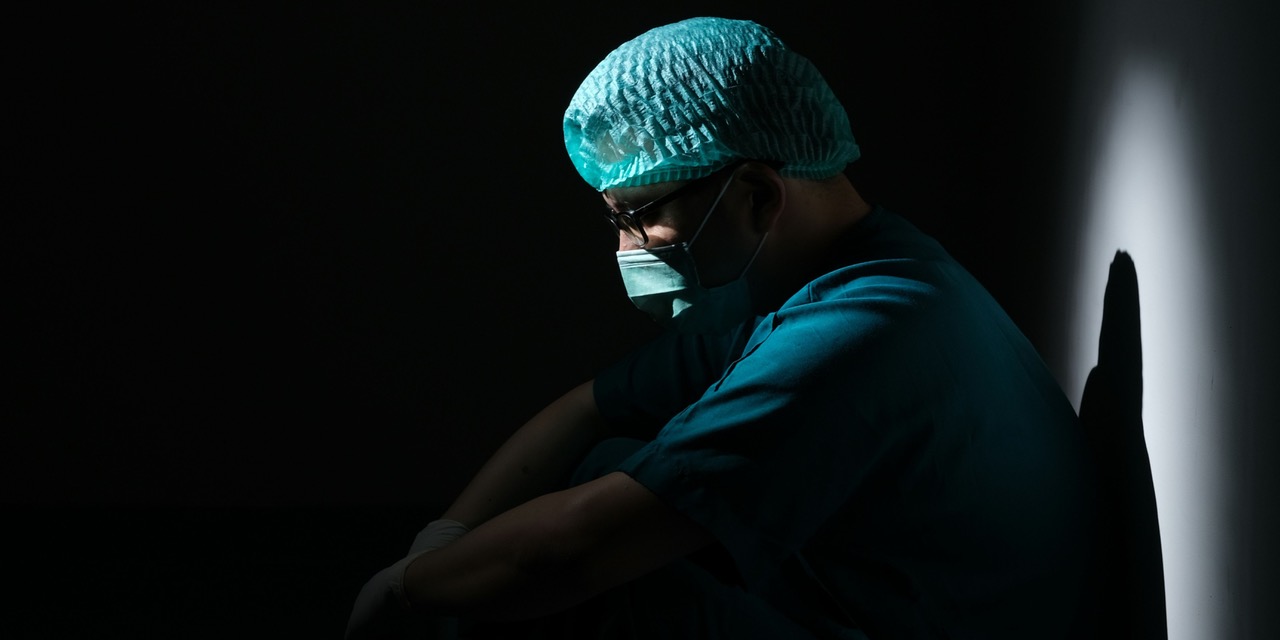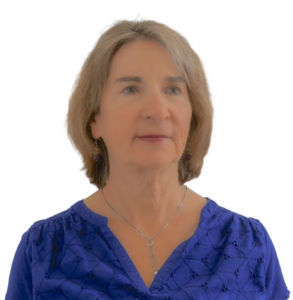
MIU researcher Marie Loiselle and team win award for study on TM and physician burnout
More than 230 original research studies were submitted to the Journal of Continuing Education in the Health Professions (JCEHP) in 2023. Just 18 were published. And of these, the journal chose a study by Marie Loiselle and her team as the outstanding work of the year.

The journal announced this annual award — the Paul Mazmanian JCEHP Award for Excellence in Research — in a special editorial in its Spring 2024 issue.
The winning study each year is selected based on “the magnitude of the problem, the underlying conceptual/theoretical framework, the methodological quality of the research, and importance to the field,” the editorial explains.
Noting that “burnout is an incredibly important topic,” the editorial gives a detailed summary of the study and its findings and concludes, “Congratulations to the award-winning authors and thank you for your incredibly valuable contributions to the field.”
Reduced burnout, emotional exhaustion, and depression
The study found significantly reduced burnout, emotional exhaustion, and depression among physicians after just four months of Transcendental Meditation practice, compared with controls.
Physician burnout is pervasive and directly affects our health care system’s ability to deliver quality care.
Burnout is pervasive among physicians; more than half of US physicians suffer from it. Burnout is linked to substance abuse, medical errors, and suicide ideation, and more than a third of US physicians are planning to cut back their hours or leave the profession altogether because of burnout. Physician burnout directly affects our health care system’s ability to deliver quality care.
The study by Dr. Loiselle and her team — the first to examine the effects of TM practice on physician burnout — was a randomized controlled trial. Forty academic physicians representing fifteen specialties at a Midwestern metropolitan medical school and its affiliated VA hospital were randomly assigned either to the experimental (TM) group or the control group.
The subjects were assessed using measures of burnout, depression, insomnia, perceived stress, and resilience. These assessments were given at the beginning of the study (baseline) and again one month and four months later.
After four months, the physicians in the TM group showed significant improvements in total burnout and its subcategories of emotional exhaustion and personal achievement, and depression. The control group showed no significant changes.
Dr. Loiselle also conducted two qualitative interviews with each of the subjects, at baseline and again after four months. The results aligned with the quantitative outcomes. At baseline, all the physicians reported classic symptoms of burnout and depression. Four months later, those in the TM group reported relief from these symptoms while those in the control group did not.
“The biggest change is that I am just happier” – physicians’ experiences
During the baseline interviews, one subject, a department chair, described the scope of the problem: “One-third of physicians are depressed — clinically depressed.” A surgeon said: “I cannot pinpoint one person in our department who is happy with current medicine. I honestly do not know a single happy physician attending in here.”
In the exit interviews four months later, most physicians in the control group said their stress or workloads had increased. All described ongoing systemic stress.
“I am more relaxed about things overall, more accepting, calmer, not as revved up by things.”
Meanwhile, the physicians in the TM group described significant improvements. “I am more relaxed about things overall, more accepting, calmer, not as revved up by things,” one of them said in an unprompted response. “I think that is the biggest change.”
“I am more patient with people I work with, or even patients if they are being ridiculous or crazy,” another said. Another reported, “It [TM practice] is getting me more mentally rejuvenated on those days where I am just mentally exhausted.”
“I am finishing things with people because I am a little bit more organized,” another said. “I think that to manage people, you have to be a little bit detached and see the big picture, and I have that ability now.”
More than half reported greater energy and productivity.
“I feel like I have more energy to deal with things,” one said. “I started exercising regularly and I started it because of the meditation,” said another. “This is the first time in twenty plus years I have exercised regularly for more than a week.”
Still another said: “I have gotten a lot more done at work. I have probably written four manuscripts in the last four months. I do not just get into a panic about something that is overdue. I cannot explain it, but I am better. I know what to do to be productive in a day.”
“It has helped me sleep significantly,” one physician said. “Sleep alone would have been enough for this to be worthwhile.”
Said another: “The biggest change is that I am just happier.”
Those in the control group were eligible to learn the TM technique after the end of the study four months later.
Judges for the award, study coauthors
Judges for the annual award — recently renamed the Paul Mazmanian JCEHP Award in honor of Dr. Paul Mazmanian, long-time editor of the journal and “mentor and role model to many in the profession” — included representatives from the journal’s three partnering organizations: the Society for Academic Continuing Medical Education, the Alliance for Continuing Education in Health Professions, and the Association for Hospital Medical Education.
Coauthors on the study were Carla Brown, Fred Travis, Gregory Gruener, Maxwell Rainforth, and Sanford Nidich. Dr. Brown is adjunct assistant professor of medical education at the Stritch School of Medicine, Loyola University Chicago. Dr. Gruener is Vice Dean for Education at the Stritch School of Medicine. Drs. Travis, Rainforth, and Nidich are faculty members and researchers at MIU.

Dr. Loiselle is currently working on a study of rural Lebanese women, where she has found significant improvements in perceived stress, resilience, self-efficacy, and happiness among TM meditators versus the control group.
